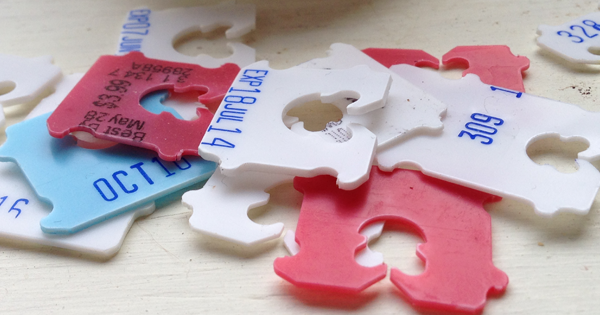Advertisement
When it comes to food labels, sometimes it’s hard to make a judgement call. If it’s obviously moldy or stale, sure, it’s not good anymore. But sometimes following a label down to the day can lead to you throwing away way more food than you need to.
The New York Times recently posted a guide to different types of “best by” labels that you may find on food products in grocery stores, and as it turns out, most of the stickers they place on them are guidelines for the store, not for the buyer. Here are the three main labels you’ll find, as well as how you're really supposed to use them.
- “Sell by”: this label is really just for the store. It indicates how long a store should keep a product on display, and has little bearing on the life of the food. This food should be safe to eat for at least several days with the proper storage.
- “Use by,” and its sibling, “best if used by”: This is a little more direct of a referral to how long the food lasts. However, it only refers to how long the food is at optimal taste and texture, not how safe it is to eat. After the date, it may not taste as great, but is probably still safe to eat.
- “Expiration date”: This is the one to look out for. This label is directly related to food safety, and food that has passed the date on this label should be thrown out.
Of course, there are always exceptions. Different foods spoil differently, but the dates on these labels are a good place to start. Of course, common sense is a good guide, too. If it smells weird, has a strange texture, hasn’t been touched in weeks, or is covered in mold, obviously you should throw it out. And if you feel even a bit suspicious, just remember that it's impossible to tell if a food is really spoiled based on the naked eye, as most bacteria isn't visible. Just because 30-40 percent of all harvested food ends up wasted doesn’t mean you shouldn’t trust your gut.
How adventurous are you with "best by" dates?
Photo Copyright © 2014 katerha/Flickr




